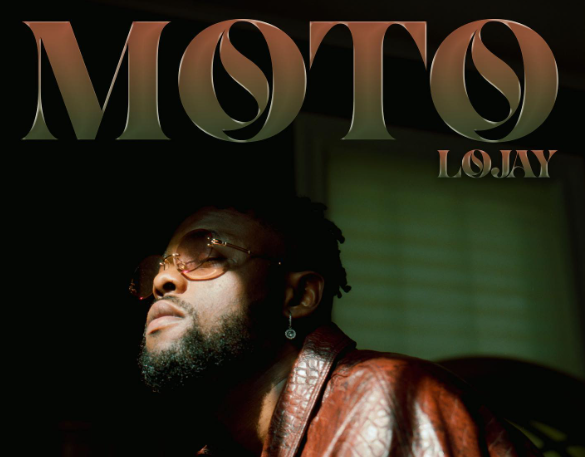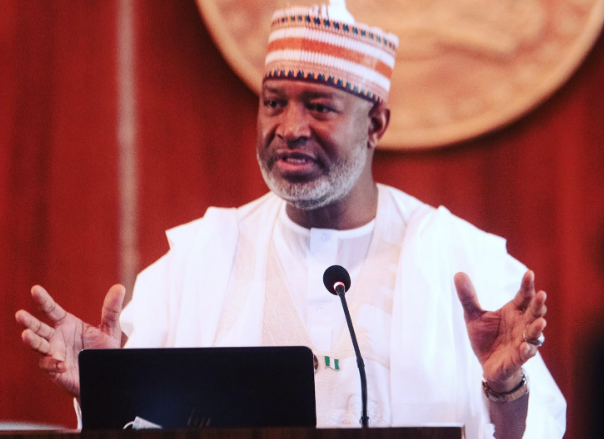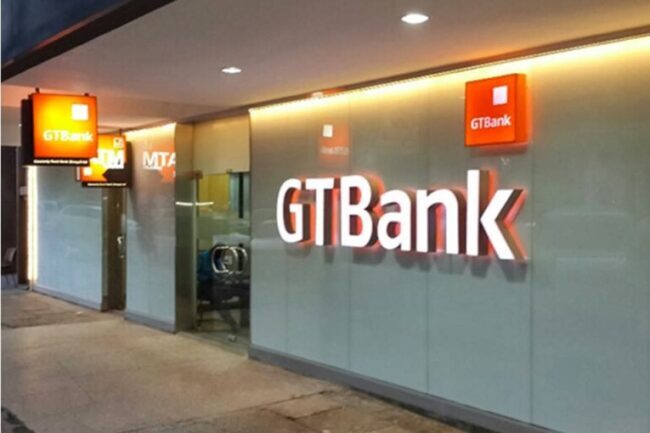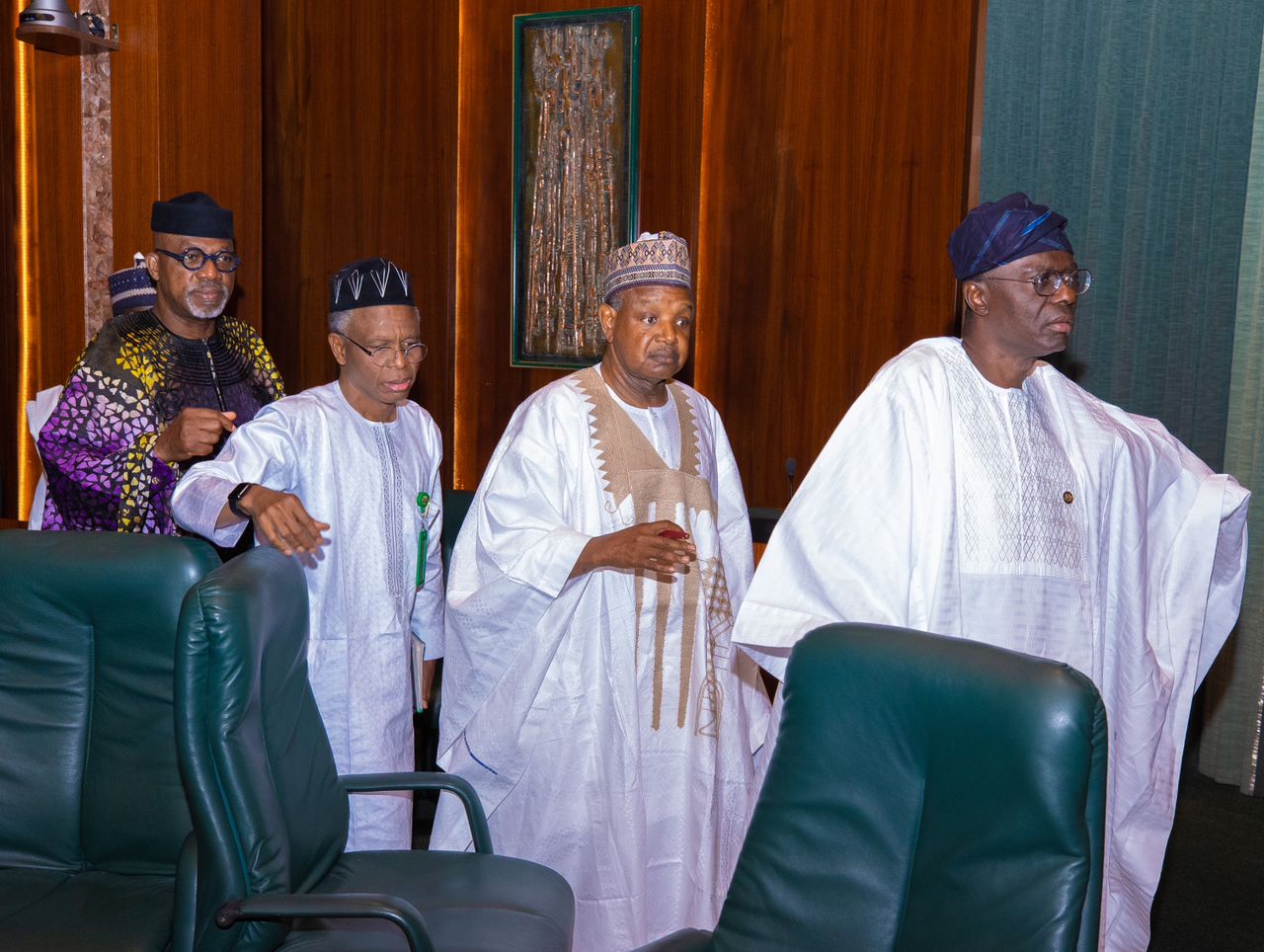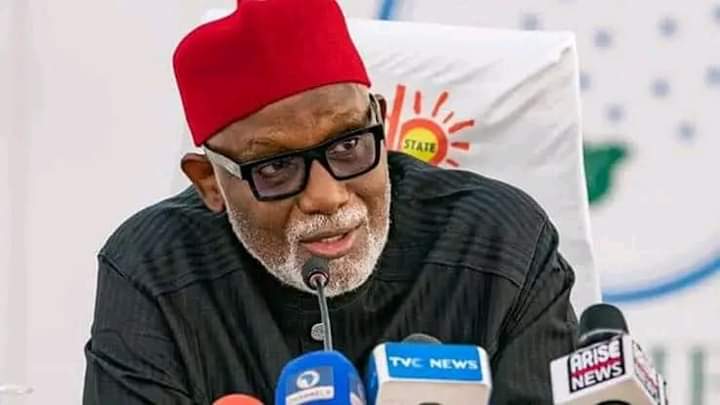You're no politician... be neutral as ad-hoc staff in 2023 elections, NYSC warns corps members
One of these three leading candidates – Asiwaju Bola Tinubu of the ruling All Progressives Congress (APC), Alhaji Abubakar Atiku of the People’s Democratic Party (PDP), or Labour Party’s Peter Obi – would win this year’s presidential election either in the first round or the runoff. This is due to the discernable strength of their parties, national support, and popularity. Other candidates are mere paperweights and have no chance.
The unique aspect of this presidential lineup is that these candidates not only represent their political parties but also the main geo-political zones and the three major ethnic nationalities. This presidential election, therefore, appears to exacerbate Nigeria’s natural fault lines and reveal underlying tensions that are typically hidden in daily interactions among Nigerians
As with Nigerian presidential elections and the governments that rise from them, there are some subtle historical patterns that if one is sufficiently perceptive can discern and then project the socio-political impact of the potential presidency of each of the leading candidates – how the country, in particular people of the different geo-political zones, would respond to the change of presidential personnel.
In Nigeria, attitudes and opinions about the country tend to shift depending on who the President is at that particular time – his ethnicity, political party, and religion. A bitter critic, who is quick to point out the many things wrong with the country would suddenly mellow, and become more sympathetic to it and call for a collective action to tackle its ills, ”since the government cannot do it all.” Or throw platitudes such as “may God bless Nigeria.” This would be because a fellow partisan or someone from his ethnic group or region is now in charge. Or the government is somehow beneficial to him. Nigerians tend to tolerate government failings and bad behavior when their ‘own’ is in power.
Advertisement
With President Buhari reaching the two terms limits, there will be a change of residency in the presidency in May, and one of the leading candidates will fill the vacancy. Here is a forecast of the kind of presidency they would run and how Nigerians would likely take to it.
Peter Obi (Part 1)
The candidate of the Labour Party, Obi is the ranked outsider of the three major candidates. Until recently a member of the PDP, he left the main opposition group because his chances of muscling his way to its presidential ticket were closer to zero than one. Obi is currently leading the LP’s ticket and has so far run an amazing campaign, energizing a national base of mostly young supporters with his charisma and oratory. Were Nigeria a more mature democracy where factors such as ethnicity and corruption rarely matter in elections, he would probably have been a shoo-in for the presidency.
Advertisement
An Obi presidency would be the most radical of the three candidates. He has campaigned based on stopping the national gluttony that governance in Nigeria is based on and to which the political elite is accustomed. Notorious for being Mr. Stingy, Obi’s informal campaign theme is ‘moving Nigeria from a consuming nation to a productive one.’
He would face serious difficulty achieving his agenda. His party would be a minority in the National Assembly and control no state government. It would therefore be very difficult for President Obi to lobby legislators to back his economic or political agenda. Successive Nigerian governments have turned a blind eye to the corruption in the National Assembly as it loads the federal budget with pork, otherwise called ‘budget padding.’ Would Obi try to stop this, or turn a blind eye? If he doesn’t, he would be no different from the past governments he has stridently called out and would be a disappointment to his numerous (idealistic) supporters who want change. But if he does, he would be engaging in a titanic battle with the legislators, a fight he is unlikely to win and which may result in his impeachment.
Whether he succeeds or not with his economic and political agenda, however, one area Obi would make a serious impact is moral leadership. Almost ascetic, Obi seems to be the antithesis of the Nigerian political leader and not interested in the gluttonous acquisition of wealth. He is also very knowledgeable and articulate and so can inspire a new generation of Nigerians to do things differently. He would be the dream President for the liberal-educated, tech-savvy, and westernized young people, especially of the south.
He would, however, be inheriting a Nigeria that is in bad shape, economically, politically, and socially. And since he has overpromised as politicians tend to do in campaigns, there would be pressure for him to deliver quickly. Yet there is no magic wand to solve all of Nigeria’s ills that took years in the making. This is where the cultural pattern and attitude of Nigerians about their government would kick in.
Advertisement
Lately, the southeast has been the most vocal region where the anti-Nigeria rhetoric is loudest. The growing call is for the breakup of the country and for the southeast to become the independent state of Biafra. This cry became louder after President Muhammadu Buhari became President in 2015. Even though the fight for Biafra resurged during the Olusegun Obasanjo Presidency, it was a whimper during the Goodluck Jonathan years. Although an Ijaw from the south-south, Jonathan received most of his enthusiastic support from among the southeast Igbo people who held some of the most important jobs in his government. At that time, there was little complaint from them about the uneven structure of the Nigerian state and the failings of the government.
But immediately after Buhari came to power, a low-key independence revolt broke out in the southeast, possibly, fueled by the insensitive rhetoric of the President and the lack of inclusion in his government. If Obi were to win, the Jonathan effect may likely occur in the region and the strident cries for Biafra would become almost a whisper.
Although there may still be agitation for the erstwhile breakaway republic, it wouldn’t be anything close to what it is today, as the people would have that psychological satisfaction of ‘their own’ being in power and of finally being fully integrated into the Nigerian state after the civil war.
The inverse is likely to occur in the North, as it would possibly experience more agitations in an Obi presidency. By every index, the north is the poorest region of Nigeria, plagued by serious issues of multidimensional poverty, hunger, insecurity, unemployment, poor infrastructure, and out-of-school children. Even though in the eight years of the Buhari Presidency, he has barely made a dent in these challenges, there have not been coherent actions by the northern elite to hold the President to account. The consensus seems to be that his home base should support him, regardless. So, it has been smooth sailing for the President, who may be leaving the north as well as other regions of the country worse than he met them as socioeconomic indicators show.
Advertisement
It would, however, not be an easy ride for ‘President Obi’ in the North. With his presidency, all the development issues that have been swept under the carpet would be brought out for the attention of the president and there would be demand on him to fix them, or … Also, his presidency may invariably provide cannon fodder for Islamic extremist groups who could point to his leadership as aberrant for the Ummah to be led by a non-Muslim and so worsen the Islamist insurgency in some parts of the north.
In all, Obi’s presidency would be a difficult one buffeted by challenges from all corners – from legislative to the difficulty of forming an inclusive national government from the limited platform that LP is – and pressures to deliver on his vast and somewhat unrealistic campaign promises. However, the perception of the performance of the government would be based largely on partisan and ethnoreligious factors as is typical of Nigerians.
Advertisement



